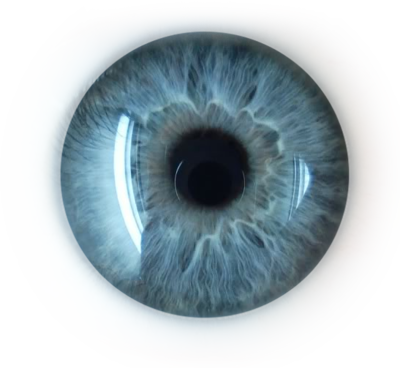






Creation and love go together a lot of the time. When the creation is life of the synthetic kind, the tradition in fiction is one of men creating artificial women. These tales, previously reserved for a universe of make-believe, are slowly coming to life. Technology and tools for creating something that – at least acts, or looks – like a human companion, now exist. And the men creating women do too.
Men making female androids, that aren’t explicit sexual, still often include sensors ”even down there”. There are also products like Real Doll, and Real Doll X, or the works of Sergi Santos –hyperrealistic blow-up dolls with extremely sexualized features – the very same kind that are becoming more and more popular at brothels, as having sex with a robot is not considered prostitution ( yet?). Because a robot can’t say no, and it can’t give consent.
But it’s not all Westworld from here on out.
"Devlin concedes that “pornified fembots” propagate objectification, but believes that the current anthropomorphic bots will remain niche (not least for a question of storage: a life-sized robot cannot be tidily tucked away in a bedside drawer). Further, the more realistic representations get, the more likely they are to provoke the unease of the uncanny — experienced when a replica looks almost, but not quite, human. Devlin is hopeful that robot design will converge with sex toys — which have become more design-oriented and abstract — and evolve from emulating human features to offering embodied, multi-sensory experiences.”
Maybe the idea of the sex bots appearance today aren’t reflective of how they might look if there comes a time when they are more normalized. Maybe they could be good thing. Other think the opposite. Maybe we can never learn to share a real intimacy with something as synthetic as a love machine. Or if we do, will the sweet nothings we whisper in their ear become data in a surveillance cloud somewhere off in the capitalist distance?
Our need for a connection persists. Eugenia Kuyda’s best friend died in 2015. Using a chatbot structure she developed, she entered their messaging history into a Google-built neural network, creating a bot she could interact with. It was the earliest version of Replika, a bot that, as you interact with it, turns into a digital representation of you.
Maybe love isn't always sex, afterall?